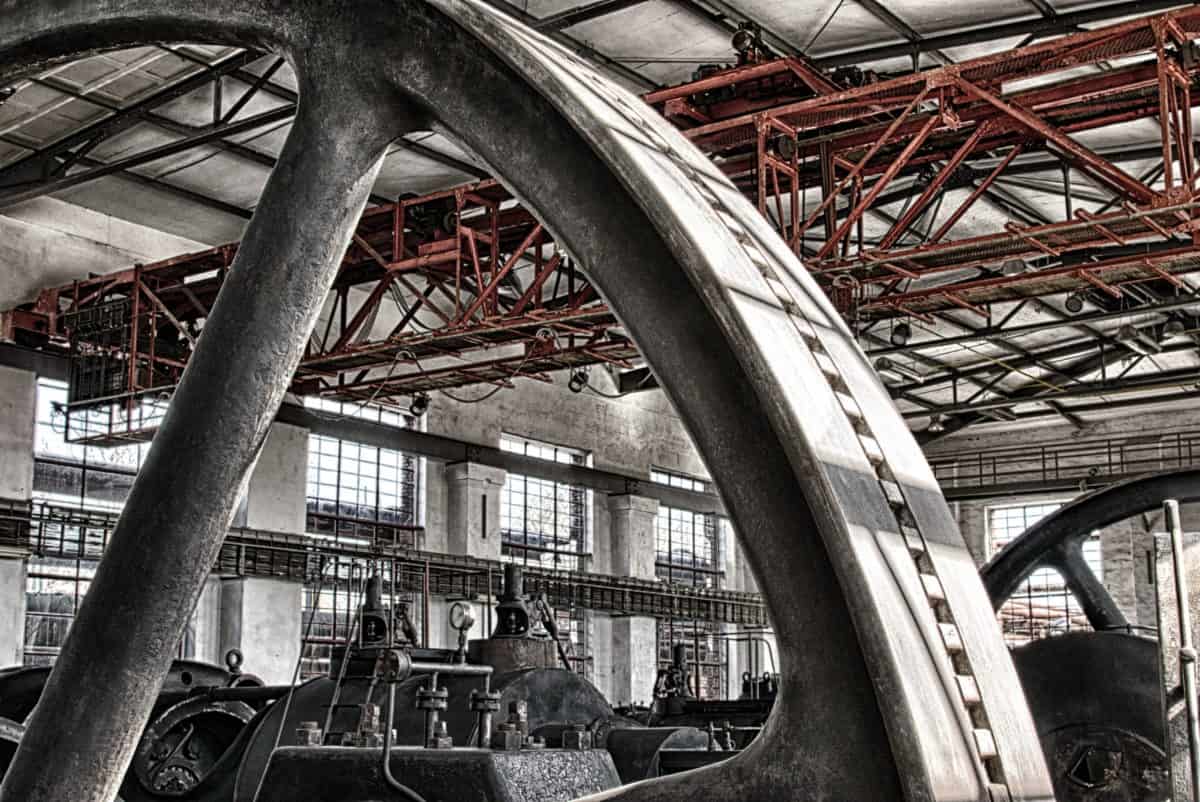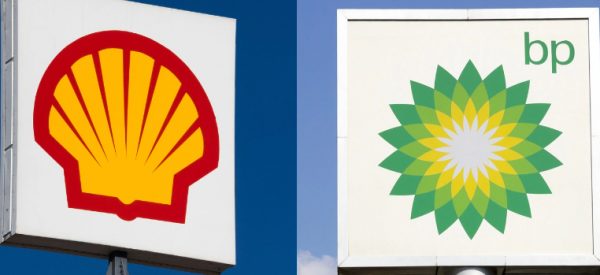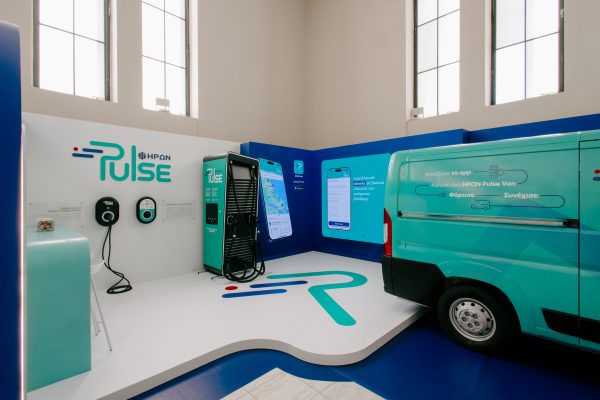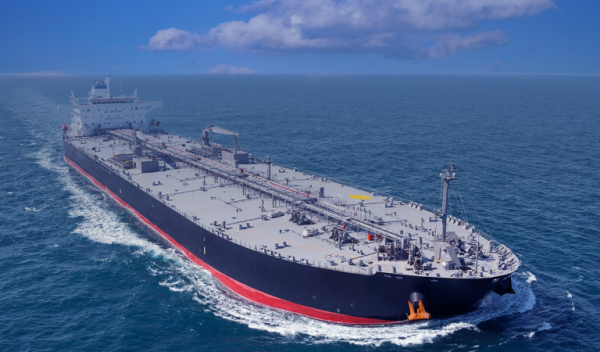
Significant improvement in operating conditions throughout the Greek manufacturing sector, due to sharper increases in production and employment levels, were indicated by the data of the December PMI survey.
IHS Markit Purchasing Managers’ Index (PMI) closed at 59 points in December, slightly higher than the 58.8 points in November, indicating a significant improvement in the health of the Greek manufacturing sector .
Overall growth was the strongest on record since August, due to a slower decline in supply stocks and a faster rise in production and employment levels.
New orders rose significantly, although the growth rate slowed to a five-month low. In line with the continuing increase in demand from customers and the growing volume of unfinished business, companies have increased the number of employees at the strongest rate recorded since February 2020.
At the same time, material shortages and delays in shipments have led to a significant deterioration in supplier performance and pushed cost overruns, albeit at a slower pace for four months.
However, efforts to build security stocks have intensified, as input markets have grown at the fastest pace since February 2000.
The IHS Markit Main Purchasing Managers ’Index® (PMI®) is a composite indicator of the performance of the manufacturing economy. It comes from indicators on new orders, production, employment, delivery time and supply stocks. Any value above the zero change point of 50.0 points indicates an overall improvement in sector conditions.
Overall development
The most intense increase in production throughout the Greek manufacturing sector contributed to overall growth. Despite material shortages, the rise was sharp and the fastest in three months, due to the continued increase in demand from customers.
Although the growth rate of new orders slowed down, at the end of 2021 to the weakest recorded in five months, it was generally steep and was supported by stronger demand from domestic and foreign customers. However, some companies reported that many customers were reluctant to place orders due to significant increases in charges.
In line with the further increase in total sales to historically high levels, manufacturers increased their recruitment activities in December. The rate of job creation was the fastest recorded since February 2020, as companies also tried to process unfinished orders. Although the growth rate of backlogs has weakened from a record high in November, it was the second fastest since data collection began 19 years ago. The vast majority of companies attributed the increase in pending work to material shortages and delays in deliveries.
Deteriorating supplier performance weakened slightly by the end of 2021, but continued reports of material shortages and overcrowding in ports led to another significant increase in incoming delivery prices, albeit at a slower pace since August. Companies continued to pass on the highest costs to customers where possible, as sales prices rose at a remarkable rate.
However, efforts to build material stocks to avoid future material shortages have led to the fastest growth in purchasing activity since February 2000. Supply stocks continued to decline, albeit at a slower pace since 2020, than in March as the companies tried to replenish their stocks. However, stocks of finished goods fell sharply as manufacturers found it difficult to replenish stocks that were dispatched to fulfill orders.
Latest News

Economist: Greece Included in the Best Performing Economies in 2024
Meanwhile, Northern European countries disappoint, with sluggish performances from the United Kingdom and Germany.

EasyJet Expands Its Routes from Athens
The airline’s two new routes will be to London Luton and Alicante and they will commence in summer 2025.

Capital Link Forum Highlights Greece’s Economic Resurgence; Honors BoG Gov Stournaras
Capital Link Hellenic Leadership Award recipient, Bank of Greece Gov. Yannis Stournaras, an ex-FinMin, was lauded for his pivotal role during Greece’s economic recovery

Tourist Spending in Greece Up by 14%, Visa Card Analysis Shows
Greece’s capital Athens emerged as the most popular destination, recording a 17% increase in transactions with Visa cards, surpassing even the cosmopolitan island of Mykonos.

Inflation in Greece Unchanged at 2.4% in Nov. 2024
The general consumer price index (CPI) posted a 0.4% decrease in November compared to the previous month

2024 Christmas Holidays: Extended Shop Hours Schedule
The 2024 Christmas Holidays extended shop hours schedule commences on Thursday, December 12 and runs until the end of the year.

ELSTAT: Seasonally Adjusted Unemployment Down in October
The number of employed individuals reached 4,284,694, an increase of 67,723 compared to October 2023 (+1.6%) and 22,002 compared to September 2024 (+0.5%).

Greek PM’s Chief Economic Adviser Resigns
In the post on his Facebook page, Patelis did not disclose the reasons that led him to step down.

“Masdar Invests in the people of Greece and in the vision of TERNA ENERGY”
Four messages from the CEO of Masdar, the Arab renewable energy giant, after its acquisition of 70% of TERNA ENERGY

Lloyd’s List Greek Shipping Awards 2024: Honors for leading companies and personalities in the Greek shipping sector
20 awards presented at the 21st annual Lloyd's List Greek Shipping Awards









































 Αριθμός Πιστοποίησης Μ.Η.Τ.232433
Αριθμός Πιστοποίησης Μ.Η.Τ.232433